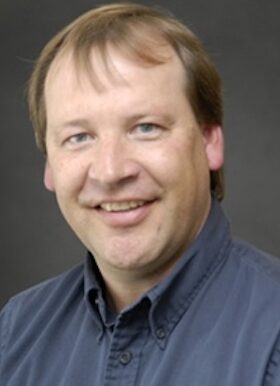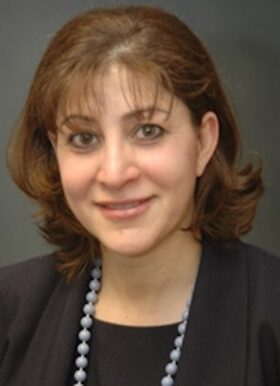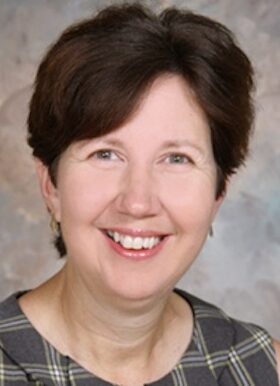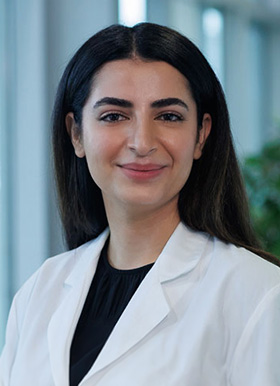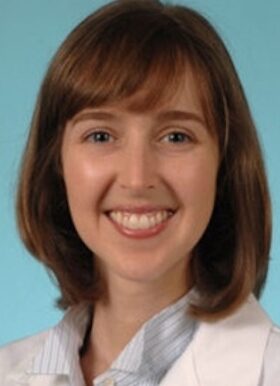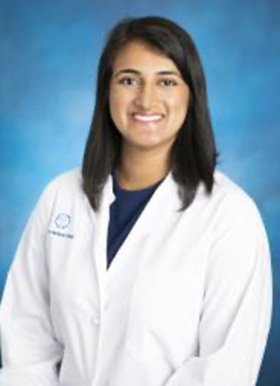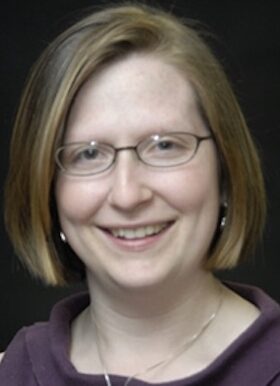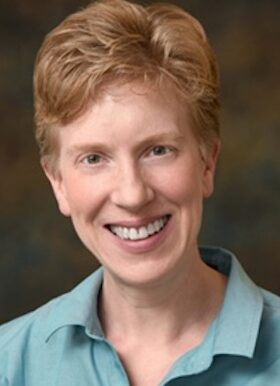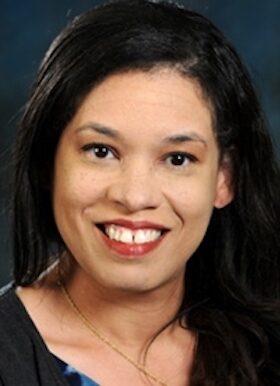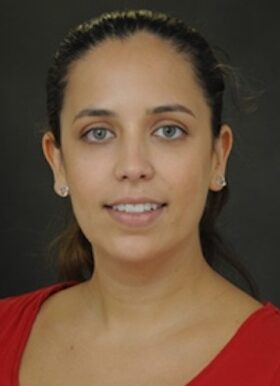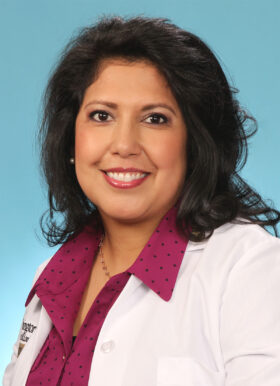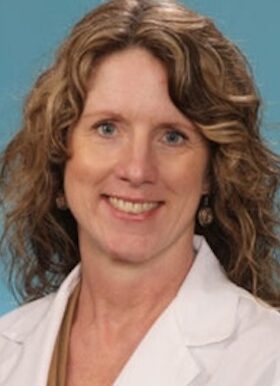The Community Outpatient Practice Experience (COPE) program, developed in 1991, pioneered a new standard of ambulatory primary care education for pediatric residents. Through COPE, each resident is paired with a practicing pediatrician in the community for one half day per week throughout residency. The program uses a variety of practice settings and emphasizes continuity of care, management of common pediatric problems, longitudinal care of chronic illnesses, anticipatory guidance and behavioral and developmental pediatrics. The program provides a unique connection between the community clinics and the tertiary medical center.
Interns are paired with preceptors through a matching system after they have had an opportunity to meet several preceptors during orientation. Pairing residents with practicing clinicians provides an ideal setting for effective adult learning. Preceptors and residents observe one another regularly, allowing frequent opportunities for feedback and role modeling. In addition to clinical pediatrics, residents are exposed to the practice environment, often gaining insight into issues such as management of telephone calls, scheduling patient visits, and the business aspects of the practice. In order to facilitate integration into the practice, each resident is relieved of inpatient responsibilities to spend two-three weeks in the preceptors' offices during each year of residency. These weeks are supplemented with a standardized primary care curriculum composed of small group discussions and online modules.
The educational objectives of the COPE program emphasize the development of a learning process which focuses on clinical problem-solving and decision-making skills. The curriculum is organized in a progressive manner, emphasizing health supervision and anticipatory guidance early in the experience. During the second and third years, residents are expected to gain additional experience handling acute pediatric problems and chronic illnesses.
Currently, 93 pediatricians participate in the program as COPE preceptors; half of whom are former SLCH residents. Preceptor candidates are selected on the basis of qualifications such as being outstanding role models, demonstrating enthusiasm for teaching, and being experienced community pediatricians. COPE practices include solo, small group and large group practices which may be primate, managed care, or publicly-funded. COPE sites are located in urban and suburban settings with a mean travel time between the hospital and COPE sites of 25 minutes. Gas mileage is reimbursed.
The COPE program is the only program of this type and has been enthusiastically supported by our residents, community, and academic faculty. The program was nationally recognized by the Ambulatory Pediatric Association when it was awarded the 1996 Outstanding Teaching Award. Over ninety percent of preceptors with residents graduating from the program express interest in participating with a new resident. Through COPE, our residents receive a robust training in primary care pediatrics and gain an appreciation for the demands and rewards of a primary care practice. Residents leave well-prepared to make informed career decisions based upon their experience.
